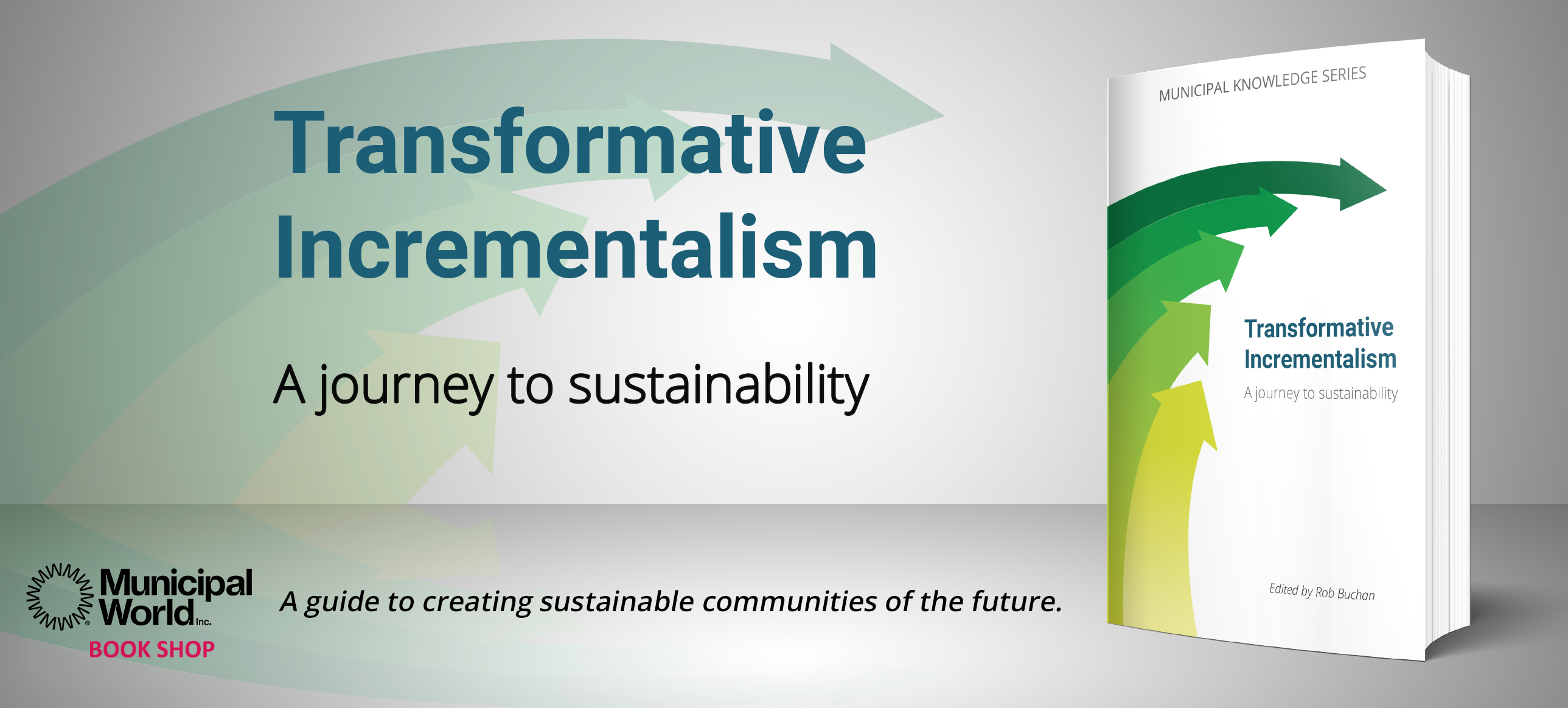Noise pollution impacting Canadian well-being

If you live in a busy urban area, you are probably accustomed to the frequent noisiness of cities: cars and trucks in rush hour traffic, sirens from emergency vehicles, and the hammering and drilling of construction sites. And anyone who has had to deal with overly noisy neighbours or loud construction knows how disturbing it can be.
This is something the residents of one Montreal building have been finding out recently. Earlier this year, condo residents at 2320 Tupper Street experienced excessive noise from a luxury apartment building next door. The tower’s 20-storey ventilation system was built into the side of the building that faces 2320 Tupper Street. The two buildings are only around 12 metres apart. The constant noise made it difficult for residents to sleep, with some having to move their beds to other rooms.
The residents of downtown Montreal are far from alone in dealing with troublesome noise in Canadian cities. A 2021 survey found that most Canadians were bothered by outside noise when at home. More than 60 per cent of respondents over 55 said outside noise bothered them. That number was closer to 80 per cent for younger people between 18 and 34. In addition, 27 per cent of respondents said they felt their city had become noisier.
Noise might not seem like much of an issue in comparison to some of the major issues impacting Canada’s urban areas. Cities are dealing with growing populations, housing crises, and the effects of climate change, to name just a few. However, noise pollution can have an impact on our physical and mental health.
“It can lead to a number of chronic health effects,” said Hugh Davies, a professor at the University of British Columbia’s School of Population and Public Health. “There is evidence that living in a noisy street for several years could increase your risk of heart disease, because your stress levels are higher.”
Davies also highlighted the impacts noise could potentially have on children. “In small children it has been associated with poorer learning outcomes in school – things like reading level. So, noise in the environment seems to affect us through our lives, from childhood to being older,” said Davies.
The World Health Organization recommends that noise exposure levels should not exceed 70 decibels over a 24-hour period, and 85 decibels over a one-hour period, to avoid hearing impairment. However, people living in busy urban areas can frequently be exposed to noise louder than that.
The City of Toronto is currently in the process of reviewing its noise bylaw. A report from staff with recommendations is expected at the Economic Community and Development Committee in January 2024. In B.C., the City of Vancouver is also going through a similar review process.
Campaign for Updated Noise Bylaw
Toronto’s review is assessing bylaw amendments made in 2019 and considering proposed changes surrounding current decibel limits, how to deal with excessive vehicle noise, and how to mitigate noise related issues.
Cathie Macdonald is a member of the Toronto Noise Coalition, a group campaigning against noise pollution in the city. She said that while the city’s bylaw does solve some problems, it needs to do more to address concerns.
“What got approved wasn’t totally what we were looking for,” said Macdonald. “So now we’re looking for how to make it better.”
Toronto Noise Coalition was first formed when the city was developing its noise bylaw. While the bylaw did bring in some improvements, campaigners say it did not go far enough to regulate noise pollution. When it comes to noise pollution, one challenge is how long it can take to get a complaint dealt with.
“People file a complaint and three days later a bylaw officer may phone them; that really doesn’t make any sense,” said Macdonald.
Another source of frequent noise comes from emergency vehicles like fire trucks, ambulances, and police cars. Sirens have become a ubiquitous part of urban background noise. However, some research suggests they might do more harm than good.
Researchers found that using sirens saved, at most, three minutes of an emergency vehicle’s trip. In addition, they also found that emergency drivers were more likely to engage in risky behaviour when the sirens are on. Excessive noise can also be particularly disturbing at night when people are trying to get to sleep.
“Over time, sleep disturbance is linked to chronic health problems,” Davies said.
Nighttime noise is an important part of the issue that campaigners are hoping with be addressed. However, one of the biggest challenges is finding a balance between businesses and residents.
One proposal before the Toronto council is to require businesses to have noise control plans in place to obtain a licence from the city.
“This is, to me, a solution to the problem,” said Macdonald. “It’s a good indication that they’re listening to our concerns and finding solutions.
Reasons Against Noise Bylaws
Businesses like bars, restaurants, and nightclubs might be weary of noise restrictions that could impact their bottom line. Finding a way to strike the right balance is also part of the process in Vancouver.
“When it comes to noise control in Vancouver, the city strives to maintain an appropriate balance with bylaws that meet the many diverse needs of our residents,” said Sarah Hicks, the City of Vancouver’s chief licence inspector. “The city supports the balance of protecting the public’s right to enjoy public spaces without unreasonable noise nuisances while also supporting economic and cultural activity and growth.”
While these reviews might be welcome, experts say officials need to take the problem far more seriously.
“Governments in North America, including in Canada, really don’t do anything about noise,” said Davies. “Municipalities might do a little bit around annoyance through bylaws … there’s just a lack of will to address this problem.”
However, some governments around the world are taking steps to tackle noise pollution.
The European Union’s Environmental Noise Directive is the block’s main law aimed at identifying and responding to noise pollution. The directive requires EU countries to prepare and publish noise maps and noise management action plans every five years for urbans areas with more than 100,000 people, as well as major roads, railways, and airports. The directive also requires national authorities to consult with the public.
Earlier this year, Vancouver staff conducted a survey that will be used to better understand residents’ areas of concern and to inform priorities for the upcoming work in the next phases. Hicks said the city will share the results of the public consultation when staff report back to council with an update on the noise control bylaw. MW
✯ Municipal World Executive and Essentials Plus Members: You might also be interested in Alex Ciccone and Hannah Ruby’s article: Do municipalities need to enforce their by-laws?
Ibrahim Daair is staff writer at Municipal World.
Related resource materials:



